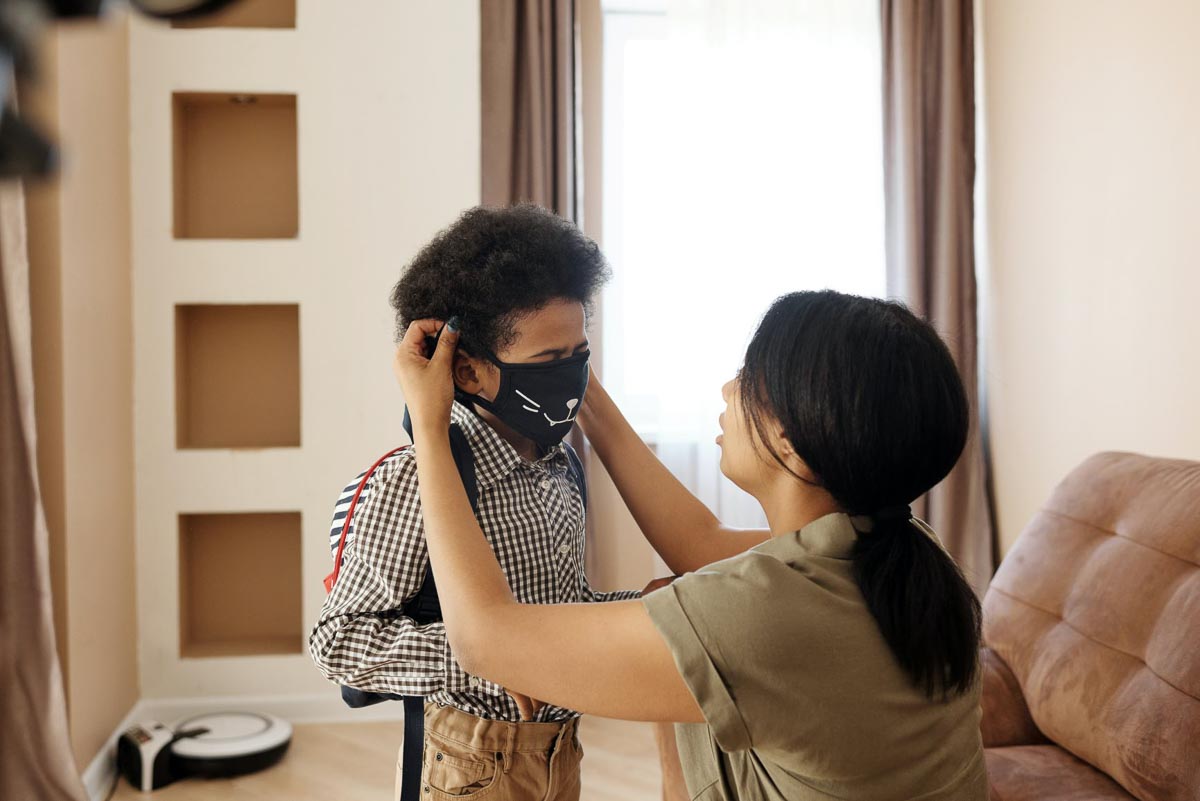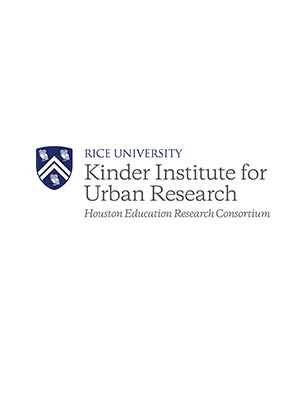To better understand the impact of COVID-19 on Houston area families and communities, the Kinder Institute's Houston Education Research Consortium collaborated with Connective (previously, Harvey Home Connect) to launch the Gulf Coast Coronavirus (COVID-19) Community Impact Survey in March 2020. This three-report series focuses on the impact of the pandemic on families's well-being, employment, education and more.
Part 1: Education and Schooling
Part 1 of the report focuses on families' experiences with changes to their children's education and schooling during the first six months of the pandemic. Findings show the pandemic fundamentally altered education and schooling in the Houston area, with one in five students lacking Internet access and digital devices for online learning. Additionally, Black and Hispanic students were more likely than white students to be without these resources.
Part 2: Family and Well-being
Families confronted COVID-19 with very different resources and these inequalities were exacerbated by the pandemic. Only one-third of households with children in the Houston area had enough money in savings to cover a single month of expenses at the onset of the pandemic. Only 8 percent of households earning less than $50,000 per year reported having enough money in savings to cover one month of expenses compared to 80 percent of households earning $100,000 per year or more.
Part 3: Wages and Employment
Across the Houston area, Black and Hispanic households were more likely than white households to have their wages and employment disrupted. One in 10 Black workers and one in 10 Hispanic workers lost their job, compared to one in 25 white workers. Workers in lower-paying jobs were more likely to have their job disrupted during the first six months of the pandemic. The survey showed 75% of workers making less than $20,000 per year reported having their wages and employment affected in some way, compared to only 25% of workers making at or more than $100,000 per year. The pandemic impacted all Houston area industries, but 80% of workers in the hospitality and entertainment industries earned less, were furloughed, or lost their jobs in the first six months of the pandemic.
About the survey
The Gulf Coast Coronavirus (COVID-19) Community Impact Survey was an online survey launched on March 23, 2020. The survey was accessible to anyone with an internet connection living in the Gulf Coast region. Please visit the survey’s website and accompanying interactive data dashboard.






